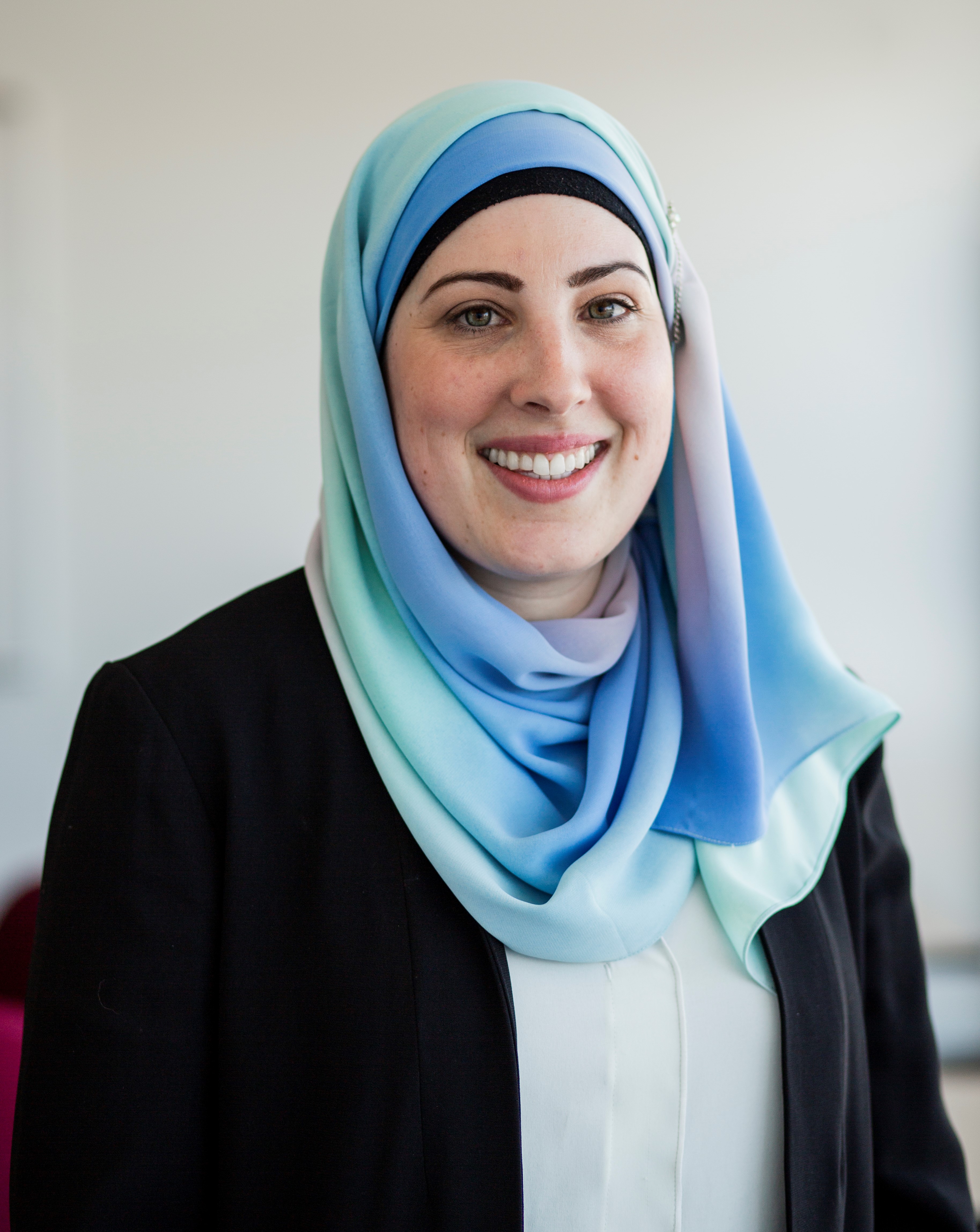Muslim Women in Canada: Understanding and Mobilizing for Social Connectedness in Older Age
26 October 2020

SSHRC Insight Grant will pave the way to improving health and wellbeing for racialized, minoritized, and immigrant older adults.
Faculty of Nursing Researcher and Assistant Professor Dr. Jordana Salma has high hopes that receiving the Social Sciences and Humanities Research Council (SSHRC) Insight Grant will pave the way to improving health and wellbeing for racialized, minoritized, and immigrant older adults.
SSHRC’s Insight Grants provide support for long-term research initiatives enabling researchers to delve deeper into intricate issues “pertaining to individuals and societies, and to further our collective understanding.” Dr. Salma’s research project aims to better understand social connectedness in older Muslim women living in Canada.
“Muslim older women in Canada are seen but not heard; their perspectives are rarely the focus of ageing research and their wellbeing is overlooked in policy and service provision,” explained Dr. Salma. “Wellbeing in older age is shaped by the presence of meaningful and positive social connections which are essential for positive health and quality of life.”
Alongside co-investigator Dr. Karen Kobayashi from the University of Victoria, this two-year project will facilitate the creation of safe and empowering spaces for Muslim older women to explore their ageing experiences. The use of cameras, narrative interviews, and facilitated group meetings will encourage sharing, connecting, and reflecting with participants over the duration of the research project.
The project will also have a community advisory committee comprised of older Muslim women to support the recruitment of participants, data collection, and analysis of data. The research findings will not only inform ageing policies and social programming about the needs of older Muslim women and ways to meet these needs, but it will help researchers to better understand how intersecting identities (gender, religion, ethnicity) shape ageing experiences.
“The funding really will give a boost to efforts already ongoing in the community to tell the stories of older adults and, also, to improve their ageing experiences by meeting core needs for social connectivity and inclusion. This is really a community-driven agenda,” said Dr. Salma who is looking forward to sharing the rich experiences research in this community will provide for cross-cultural and participatory approaches to knowledge mobilization.
Salma, who lived most of her life in West Africa and Lebanon — and completed her undergraduate in nursing in the Middle East — has always had a special interest in the psychosocial dimensions of the health of Arab older women. During her graduate studies at the Faculty of Nursing, she interviewed Arab older women in Edmonton about their experiences recovering from a stroke and managing their chronic health conditions like hypertension and diabetes. Through this research, she quickly realized social connections played a central role in how women framed their recovery and wellbeing.
Social isolation is being addressed in Edmonton, and across Canada, from multiple seniors’ organizations, but Salma doesn’t think they are tapping into the needs of some of the more marginalized communities that do not fit the norm for what typical solutions should be. She believes social isolation is a structural issue that is multifaceted—and solutions should reflect that with a culturally and religiously sensitive lens.
Dr. Salma suspects with the emergence of COVID-19 their data will also pinpoint the impact the pandemic has had on this marginalized community as “inequities have been exposed and exacerbated in the current crisis.”
“At the end of the day, if we are to design social, health and policy interventions for healthy ageing in diverse communities, we need to first understand the experiences of older adults in these communities and focus in on what matters most to them and on what they see their needs are.”